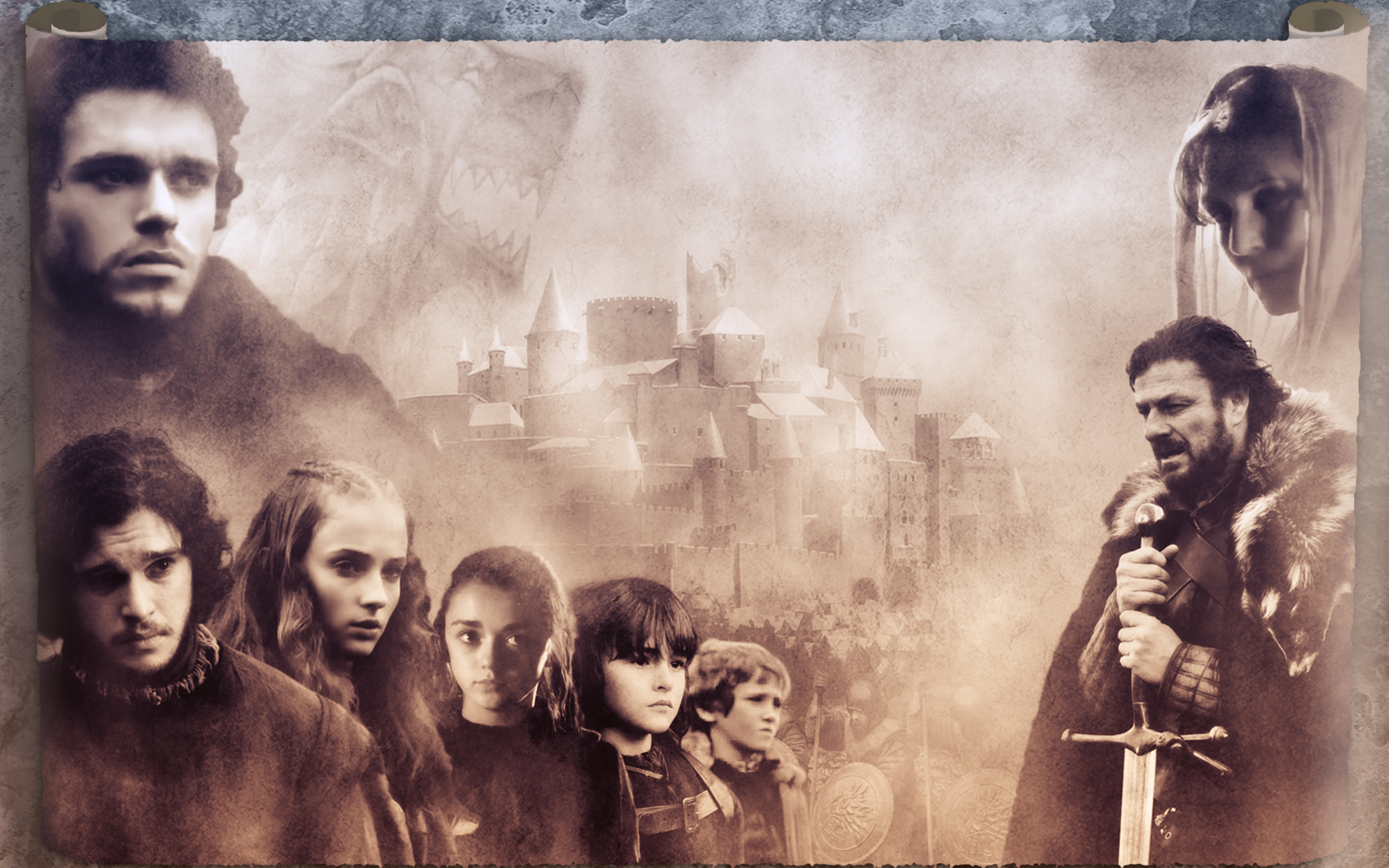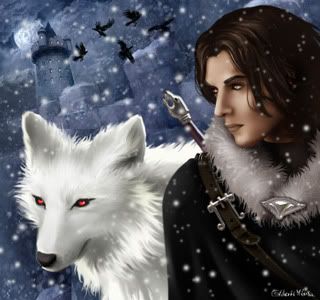It can easily feel as though teenage fiction can be divided into categories. There's the paranormal romance, where a young woman falls in love with a vampire/werewolf/angel/zombie. There's the coming of age story, usually set around a significant summer holiday. There's a few science fiction dystopias. And finally, there's the 'real life' story.
The characters are usually young, pretty, with so much going for them, often beyond their realisation. They live on South London estates. They have a wide variety of problems. And something they certainly have in common, is that they are let down by the adults in their lives. It's bleak, gritty, often shocking. It's an episode of Eastenders. It is, simply put, Jacqueline Wilson for a slightly older audience.

I'll start with 'You Against Me', by Jenny Downham. Mickey is 19, and lives in a council flat with his two younger sisters. A father is never mentioned, and their mother is an alcoholic with a tendency to go missing for days at a time, leaving Mickey and his sister Karyn to care for the youngest sibling. However, after suffering from a rape, Karyn is traumatised by both the crime itself and the hypocrisies and injustices of society, and refuses to leave the flat. This leaves Mickey trying to deal with everything - small things like buying food and making sure his youngest sister goes to school become huge, especially with both the threat of social services interfering, and the need to emotionally care for Kayrn. He swears vengeance against the perpetrator.
Ellie is 16, and seems much luckier than Mickey. She is from a 'good' family. She lives in a nice house. She does well at school. But her older Tom has been accused of a rape, and now she is torn between loyalty to him and the rest of her family, and telling the truth about what she witnessed of the crime.
When Mickey and Ellie meet, they both initially make the decision to manipulate the other in order to help their siblings. However as they get to know one another a sweet, yet tragic, love story develops.
It is interesting that a story about rape is not told from the perspective of the victim, but societal hypocrisies are dealt with very well. Karyn is often seen as a slut; many people believe that an initial attraction and flirtation towards her attacker somehow justifies the crime. Mickey's friend Jacko, while full of righteous indignation fuelling his assistance in Mickey's revenge, nonetheless sees nothing wrong with harassing two young women; when advised to desist, his response is, 'They do want to, they just need persuading'. With such double standards so prevalent in society, it's no surprise that so few rape defendants are found guilty.
The class prejudices are also very well written. Tom's family, having convinced themselves of his innocence, do everything in their power to help him. Solicitors are fired. A big party is held when he is released on bail, one of the book's more disturbing chapters. Karyn is seen as lying trash; when she drops out of her exams due to the trauma she suffers, the family seems to think that this is no surprise for a person from a council estate. At no point do they entertain the thought that Tom might be guilty, which means they are neglecting their other child. It's really no surprise that Ellie starts to rebel against them after meeting Mickey. I also wonder if their insistence that Tom is innocent might not be blocking himself from facing the truth of what he's done, and the consequences he now should face.
At least there's a happy ending. Ish.

Which is a good time to move on to 'Forbidden', by Tabitha Suzuma, following the theme of both 'taboo' subjects and disappointing parents. It follows the story of Lochan and Maya, who are two young, beautiful and talented siblings. Their father now lives with a new family on the other side of the world; their mother is too young, irresponsible and selfish to have children, again with a high dependency on alcohol and a tendency to stay with her boyfriend for days, sometimes weeks at a time. It falls to Lochan and Maya to care for their three younger siblings; again, the fear of social services is paramount in their minds as they attempt to keep up with school runs, buying food, cooking meals, trying to interest their siblings in eating properly, and being there emotionally for them. Their lives are made just that bit more difficult with their mother often getting upset over the idea of handing over money to pay for food and bills. Yes, you read that right. She would rather spend her money on clothes to impress her boyfriend than on essentials for her family. Nonetheless, Lochan and Maya work as a team, depending on each other to do whatever is necessary for their siblings.
There is slightly more complexity in the case of their 14-year-old brother Kit. Too old to be treated as a child, too young to be an adult, he also suffers from 'middle child' syndrome. He is a typical adolescent, using late nights and alcohol as a way to deal with his emotional issues. Unfortunately this is something the older siblings simply can't cope with as well as everything else, and vicious arguments ensue.
Lochan and Maya are essentially parents at the ages of 16 and 18. Something like this has to bring people closer together - too close, in the eyes of society.
Incest is just as much a taboo as rape, probably even more so, especially since the two are so often synonymous with each other. However Suzuma manages to create a relationship which is tender, loving and completely understandable. Almost inevitable. Lochan and Maya fall in love because circumstances have thrown them together. They have had to be there for one another when nobody else could possibly suffice. But this is a relationship that could never have a happy ending. It's probably one of the most tragic endings I have ever read.
I thought I'd mention 'Entangled' by Cat Clarke as well. On the face of it this is just another teenage love triangle, a pretty simple storyline with various 'twists' I could see coming right from the start. But there's a good few issues dealt with too.
Grace is 17, again very pretty, again does well at school. She is also suffering. Her father is dead, and her mother doesn't really know how to deal with a teenage daughter. They are effectively estranged from one another; the mother spends several days at a time shopping in London, leaving Grace on her own, and Grace retaliates by being a typical moody teenager. The don't know one another.
The story starts with Grace explaining the immediate events leading up to her desire to commit suicide. She comes very close to actually doing it, but then meets a stranger, Ethan. After rather a lot to drink, she wakes up in a white room with nothing there but pens and paper. She thinks she needs to write about why she wanted to kill herself, and does so.
What follows is the simple story I mentioned - she falls in love with a boy. She also has problems with her friend Sal following some drunken untactful remarks and an unwanted pregnancy. The deeper issues are that Grace blames her mother for her father's suicide, hence their strained relationship, and also seems to blame herself on a very deep level. This leads her to self harm; although she can't explain why she does this, it's something the reader understands. Her self loathing also leads her to far too many drunken one-night stands with boys she doesn't even know, let alone like. She treats her friend Sal badly, too, insisting that Sal share things which are too hurtful and shameful to talk about. She also makes rather horrible remarks about Sal's virginity; it is as though she needs other people to be as hurt and damaged as she is.
Yet Grace is never unlikeable. She is also caring, warm and funny. Everyone knew someone like her as a teenager; perhaps everyone shared elements of her character. She is the way she is, and she is not entirely to blame.
So who is to blame for these 'problem', damaged teenagers? Their parents, or lack thereof? I would prefer not to judge, but one thing's for sure; I can't read too much of it. It's just too depressing. Perhaps I need a bit of Jacob versus Edward to detox...
Or maybe not...




















